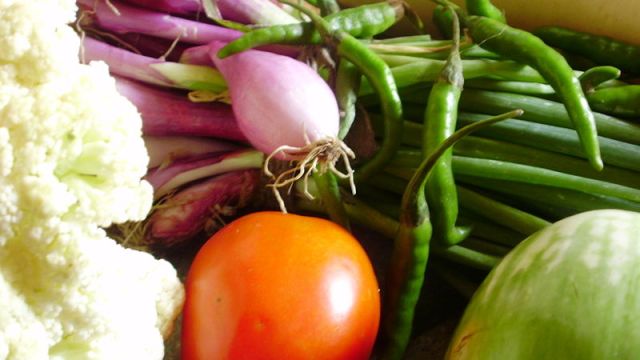Why Humans Need Prejudice

What’s the Latest Development?
Decisive individuals who do not like ambiguity are the quickest to make judgements about others due to their need to arrive at a clear vision of the world, be it right or wrong, says a new study out of Belgium. “Of course, everyone has to make decisions, but some people really hate uncertainty and therefore quickly rely on the most obvious information, often the first information they come across, to reduce it,” says co-author Arne Roets of Ghent University.
What’s the Big Idea?
The study’s conclusion suggests that the fundamental source of prejudice is not ideology, but rather a basic human need and way of thinking. But this does not imply that harmful prejudice is inevitable or that we need to accept it. “If people who need quick answers meet people from other groups and like them personally, they are likely to use this positive experience to form their views of the whole group. ‘This is very much about salient positive information taking away the aversion, anxiety, and fear of the unknown,’ Roets says.”
Photo credit: shutterstock.com





